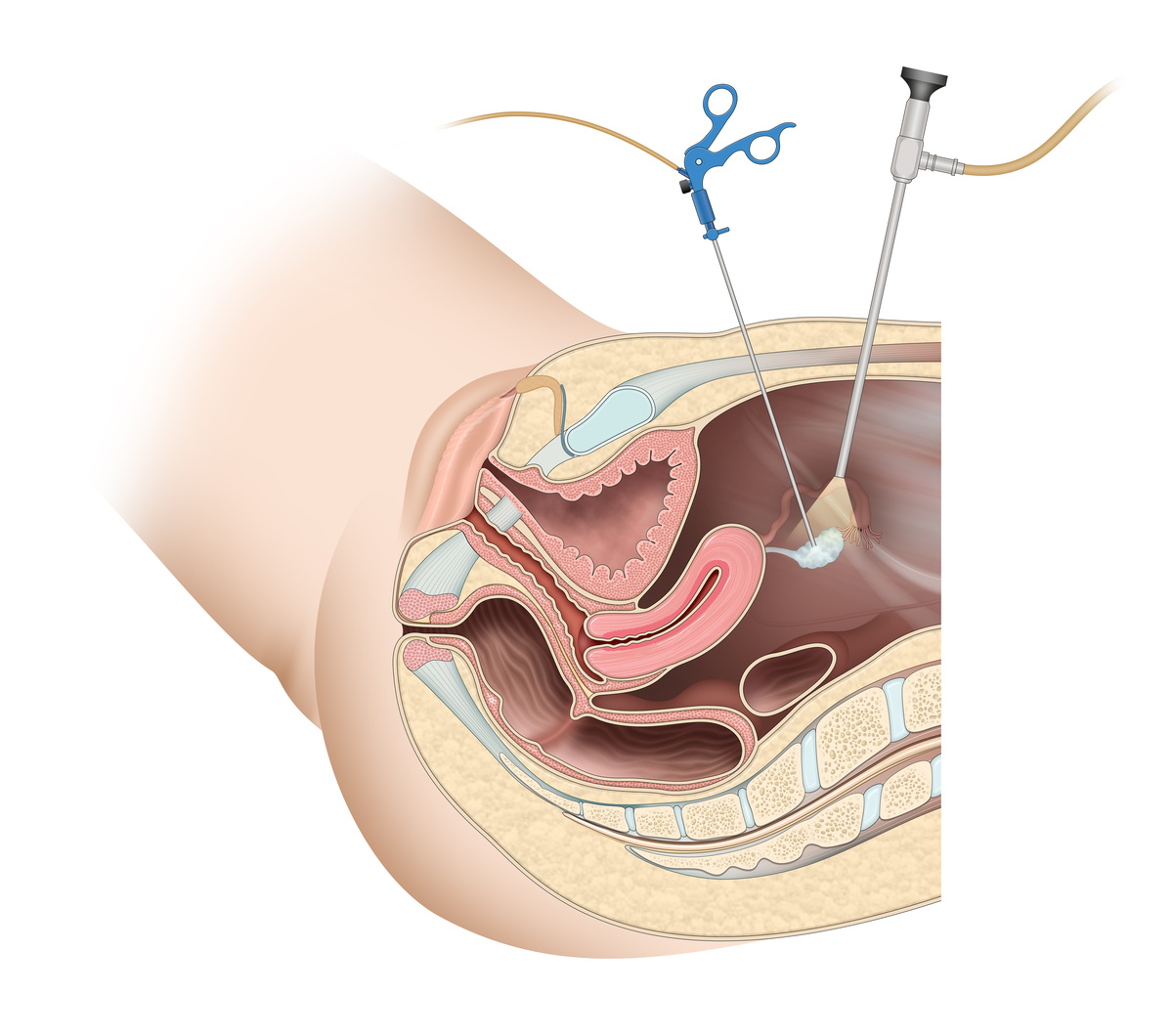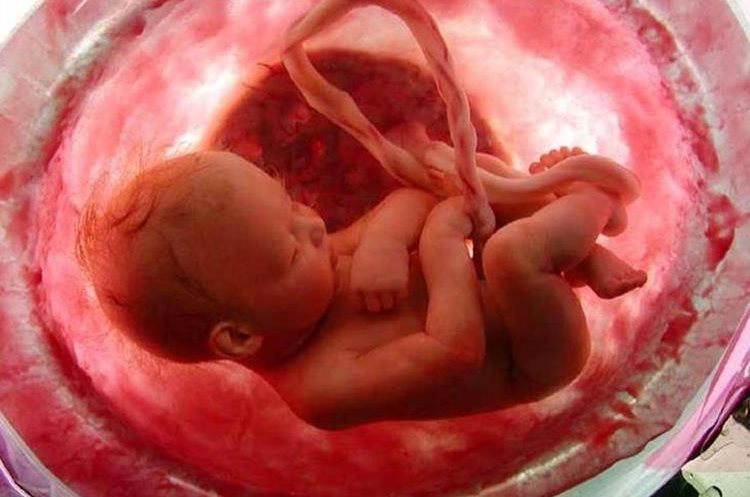Mother at 40: Pros and Cons
Over the past decade, more and more women have decided to have children after the age of 40, defying an age limit that doctors have always considered prohibitive for reproduction. To know if they have been successful, just look around. Today, mothers over 40 are everywhere. On the pages of magazines, at parent meetings, and in the pediatrician’s waiting room. And in statistics. In the United States, in the 1980s alone, the number of births of children to women in this age group doubled. In England, in the last decade, 50% more women have had babies between the ages of 40 and 44 than in the previous ten years. In Canada, the birth rate among women aged 40 to 44 has doubled in the last 25 years. In Brazil, in 1991, mothers who had their first child in middle age were 0.67% of the total; by 2000, the percentage had risen to 0.79%.
The factors that have contributed to this significant societal shift are not difficult to imagine. Firstly, the increase in life expectancy observed in the last 30 years has fundamentally altered our perception of age and the way we live our lives. Just a few decades ago, a 50-year-old person was considered elderly. Today, when someone passes away before the age of 80, it is considered premature. This shift in life expectancy has naturally led to a change in women’s reproductive choices, allowing them to postpone motherhood, a right that was previously only afforded to men.
If life expectancy has changed, women’s priorities have also changed. The achievement of financial independence and personal fulfillment, both linked to professional training and performance in the job market, are considered more crucial today than the search for a partner and the idea of creating a family. The result is that they usually come first on the list of achievements necessary for women. In an increasingly competitive and fast-paced world, it is common for building a solid career to consume a woman’s time and energy for a long time. The desire to find someone and be a mother can arise when a woman’s career reaches a plateau of stability in the middle of her life – or when the biological alarm goes off, and she decides that she wants and can make room to have a baby in her life.







